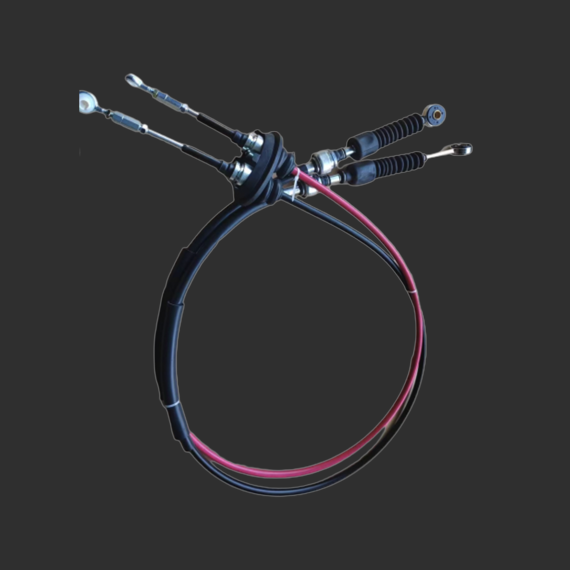Optimizing Your Trailer Handbrake Cable for Maximum Safety and Performance During Towing
Understanding Trailer Handbrake Cables Importance and Maintenance
When it comes to towing trailers, safety is paramount. One pivotal component that often goes unnoticed is the trailer handbrake cable. This seemingly simple piece of equipment plays a crucial role in ensuring the stability and safety of both the trailer and the vehicle towing it. In this article, we will explore the significance of handbrake cables, the reasons they require regular maintenance, and the steps to ensure they remain in optimal condition.
The Role of the Handbrake Cable
The handbrake cable is essential for the operation of the trailer's braking system. It connects the handbrake lever, typically mounted in the towing vehicle, to the actual brakes on the trailer. When the driver pulls the handbrake, the cable pulls on the braking mechanism, engaging the brakes. This action prevents the trailer from rolling away when parked and gives additional stopping power when needed.
For trailers carrying heavy loads, the function of the handbrake becomes even more critical. A properly functioning handbrake and cable system can make a significant difference in emergency stopping situations, offering an extra layer of security.
Signs of Wear and Tear
Over time, handbrake cables can experience wear and tear due to various factors including exposure to the elements, corrosion, and physical stress from the trailer's movement. Common signs that a handbrake cable may need attention include
1. Increased Resistance If the handbrake lever feels harder to pull than normal, it may indicate that the cable is fraying or has become stuck.
2. Unusual Noises A cable that is beginning to fail may produce squeaking or grinding noises when engaged.
3. Visual Damage Inspecting the cable for any visible fraying, rust, or broken strands is crucial. A compromised cable can lead to a complete failure of the handbrake system.
trailer handbrake cable

Maintenance Tips
Regular maintenance of the handbrake cable is essential for ensuring safe towing practices. Here are some tips to keep in mind
1. Routine Inspections Periodically check the condition of the handbrake cable, including the connections and the lever system. Look for signs of rust, fraying, or physical damage.
2. Lubrication Apply lubricant to the cable and its connections periodically to prevent corrosion and ensure smooth operation. Be sure to use a lubricant suitable for automotive applications.
3. Proper Storage If the trailer is not in use, store it in a dry place to minimize exposure to moisture and weather conditions that can degrade the cable and braking system.
4. Professional Checks Consider having your handbrake system inspected by a professional mechanic, especially before long trips or if you encounter any issues with the braking system.
Conclusion
In summary, the trailer handbrake cable is a small yet critical component of the towing system. Its role in safety and performance cannot be overstated. By staying vigilant for signs of wear and maintaining the cable, you can help ensure that your towing experience is safe and effective. Always remember that safety on the road begins with the condition of your towing equipment, and the handbrake cable is a key player in that aspect. Prioritizing its maintenance not only protects your trailer but also contributes to the overall safety of your vehicular travels.
-
Upgrade Your Control with Premium Throttle CablesNewsAug.08,2025
-
Stay in Control with Premium Hand Brake CablesNewsAug.08,2025
-
Experience Unmatched Performance with Our Clutch HosesNewsAug.08,2025
-
Ensure Safety and Reliability with Premium Handbrake CablesNewsAug.08,2025
-
Enhance Your Vehicle with High-Performance Clutch LinesNewsAug.08,2025
-
Elevate Your Ride with Premium Gear CablesNewsAug.08,2025
